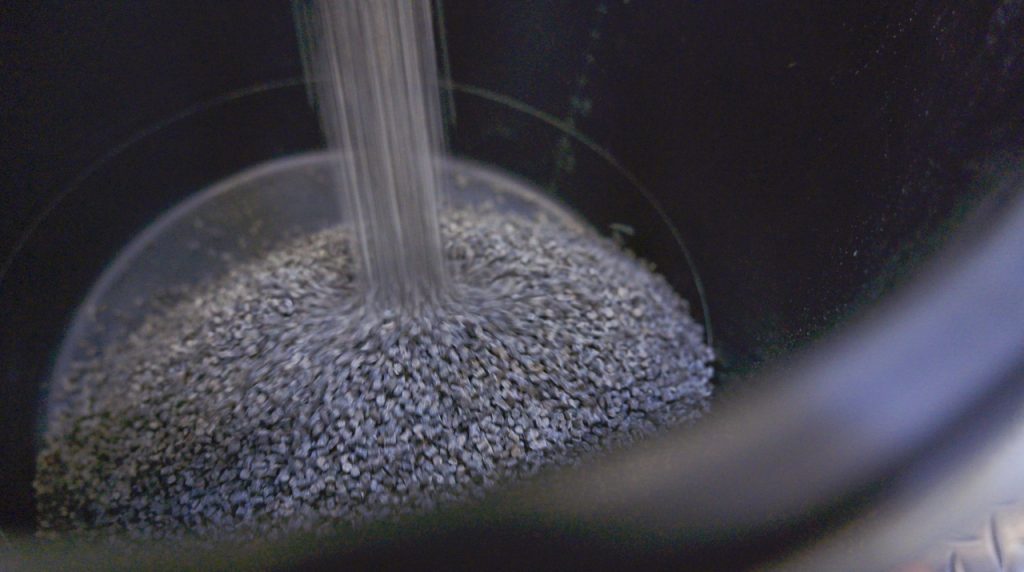
COMPolive: Ford’s Project to Analyze the Use of Organic Residues in the Manufacture of Parts

Every year, olive tree pruning generates a considerable amount of waste, reaching 7 million tons. In order to address this environmental issue, Ford engineers in Cologne have undertaken an interesting research project called COMPolive.
Its focus is on the reuse of food waste, specifically in the creation of prototype auto parts. The results revealed that these parts are durable and suggest the possibility of developing lighter components, which could significantly decrease the use of plastic in the manufacture of automotive parts.
This research project has the potential to reduce the carbon footprint associated with vehicle parts and represents a further step toward Ford’s goal of incorporating more recycled and renewable materials into the construction of its vehicles.
Related content: Ecolab Selects Ford Pro to Power its North American Electric Vehicle Fleet

COMPolive Project in Detail
As part of the COMPOlive project, designed to evaluate the impact of using recycled and renewable materials in the manufacture of auto parts, a specific test was conducted. The waste materials used in this test were collected from olive groves located in Andalusia, Spain, the world’s leading olive oil producing region.
In the composition of the prototypes, 40% olive tree fibers and 60% recycled polypropylene plastic were used. These materials were subjected to a heating and injection molding process to acquire the desired shape of the selected part.
Ford has a long tradition of research and innovation in the field of sustainable materials, many of which have found application in Ford vehicles.

An example of this is the incorporation of the first soy-based foam seats and headrests in the automotive industry. Additionally, Ford has adopted post-consumer recycled materials, such as yogurt cups, in prominent components like the Ford Mustang Mach E frunk insert.
Moreover, in the Ford Bronco Sport, the company has integrated recycled marine plastic into the cable harness clips, underscoring its ongoing commitment to incorporating sustainable practices in vehicle manufacturing.
Lastly, by closely collaborating with its global partners, Ford is making tangible progress towards its ambitious environmental sustainability goals through its “The Road to Better” program.





